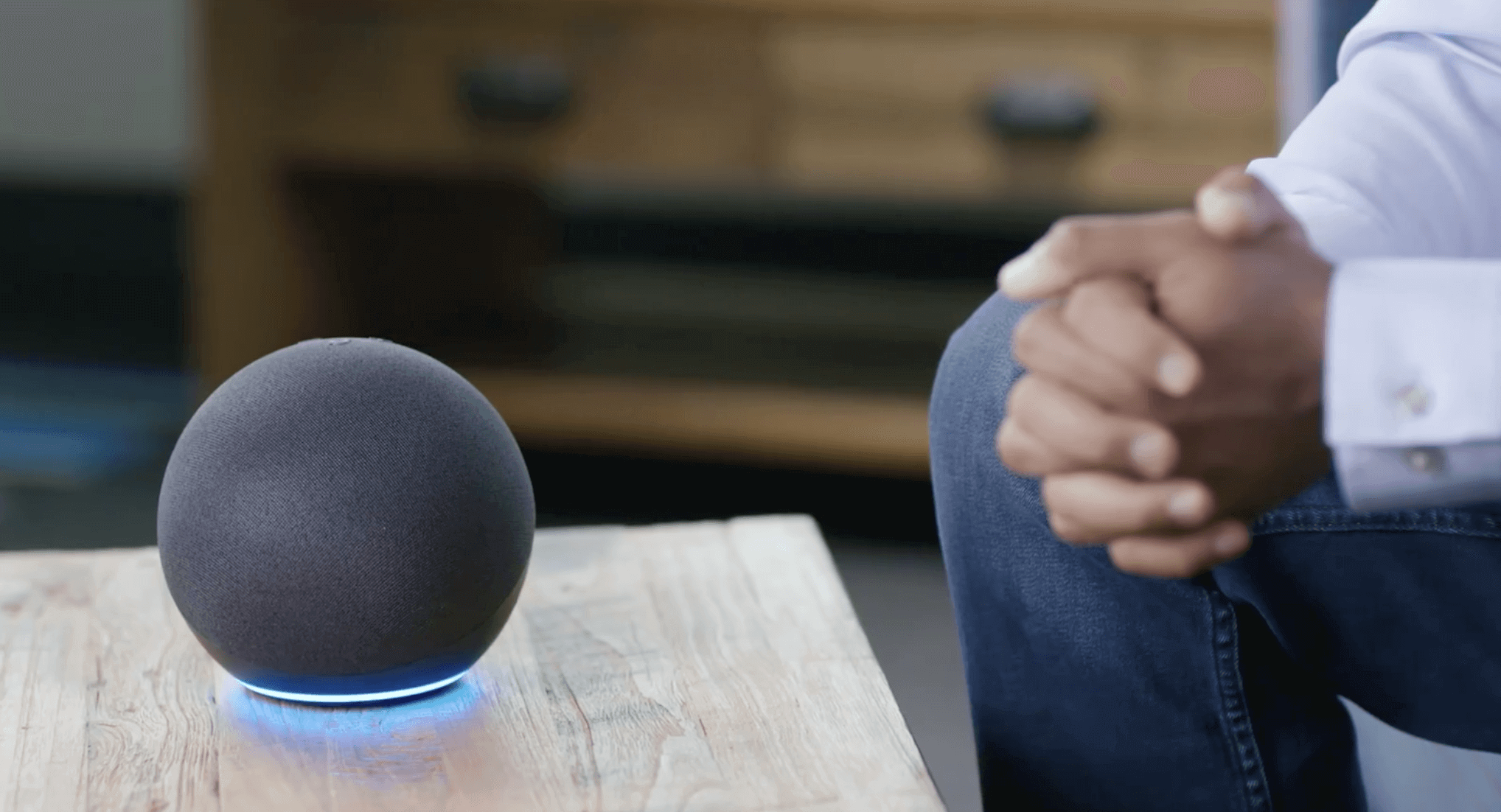TL;DR: Quality sleep is hard to come by in the modern era, due in no small part to the rapid advance of technology and the release of smartphones, which can keep us up far later than we'd like. However, Amazon might have a solution to the problem of poor sleep. The FCC has granted the company permission to develop a product that uses radar tech to monitor its user's sleeping patterns and assist with hands-free device control.
Typically, the FCC has rules in place that would block companies from developing and selling consumer devices with unlicensed radar tech inside. The organization fears that allowing such products to be sold without restriction could lead to "harmful interference to authorized users in the [radar] band."
However, the FCC was willing to grant Amazon a waiver of its rules in this case, since it did the same for Google back in 2018 with its Pixel smartphone, and Amazon's radar device will operate at "identical power levels and technical parameters" to Google's. As a bonus in the FCC's eyes, Amazon's products will require a direct connection to a power source, limiting their mobility and thus representing a "much narrower setting" than what Google was granted with the Pixel.
So, back to the topic at hand: what exactly is Amazon trying to create here? According to the tech giant's own FCC filing, it wants to use radar tech for two different applications, though there might be some overlap. The first facilitates "touchless device control" that could help those with speech, tactile, or mobility impairments better operate Amazon's other products.

The second use case Amazon is a contactless sleep tracker of some kind. It would use radar sensors to detect your movements throughout the night and compile that information into a report on your overall sleep quality, which you can view later. The company says this could lead to "significant health benefits" for American citizens.
Amazon could very well be right about that. No doubt having more information on our sleep patterns can help us improve them, but do you trust Amazon with that data? Do you want the retail giant to know exactly how many times you get up to use the bathroom, or how often you subconsciously yank the covers away from your partner? Maybe you do, maybe you don't. Either way, they're questions you may wish to ask yourself if you have any interest in the concept.
Of course, there's something to be said for simply waiting and seeing what the actual product will look like before jumping to any conclusions. For all we know, Amazon's sleep tracker could still be years away from release, or it might get scrapped before it ever launches. Only time will tell.
